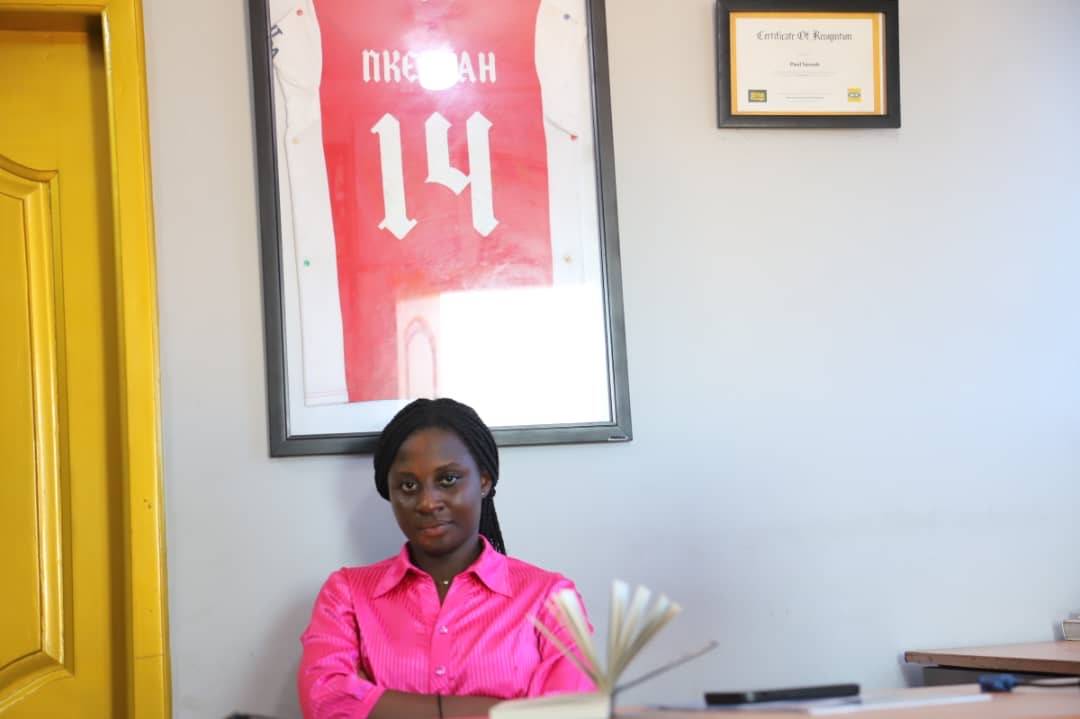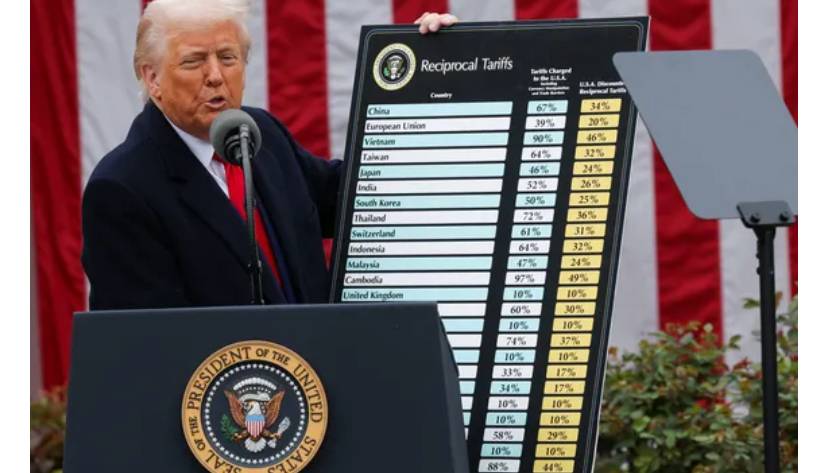Trade Expert Urges Mahama to Convene Crisis Meeting Over U.S. Tariffs
Appiah Kusi Adomako, the West Africa Director for CUTS International, has called on President John Mahama and his cabinet to urgently convene a crisis meeting to address the economic impact of the newly imposed 10% tariff on Ghanaian exports to the United States.
Speaking on Joy News’ PM Express Business Edition, Mr. Kusi Adomako cautioned that the U.S. decision, implemented by President Donald Trump, could have serious economic consequences for Ghana, particularly as uncertainty looms over the future of the African Growth and Opportunity Act (AGOA).
He stressed the urgency of the situation, urging the government to formulate a response that protects Ghana’s economy and exporters. However, he dismissed the idea of retaliatory tariffs on U.S. goods, suggesting that such a move would be ineffective. Instead, he advised exploring strategies to shield local businesses from the negative effects of the tariff.
According to Mr. Kusi Adomako, the tariff hike threatens Ghana’s competitiveness in the U.S. market, directly affecting businesses that rely on duty-free exports. He cited a visit to an AGOA-certified garment factory in Koforidua, which produces clothing for major U.S. retailers like Walmart.
“This factory benefits from AGOA’s duty-free provisions, but with Trump’s tariffs in place, its ability to compete will be severely weakened,†he explained. “If it struggles, the jobs of hundreds of workers will be at risk.â€
Beyond the immediate challenges, he expressed skepticism over the renewal of AGOA, which is set to expire this year. While the trade agreement was originally passed by the U.S. Congress, he questioned whether the Trump administration would be willing to extend it.
“We may need to engage with the U.S. Embassy for clarity, but even the uncertainty itself is enough reason for Ghana to reconsider its heavy reliance on major U.S. brands,†he noted.
Mr. Kusi Adomako described the tariff increase as a wake-up call for Ghana to diversify its trade markets and strengthen its engagement with the African Continental Free Trade Area (AfCFTA). He warned that relying on the U.S. for economic stability is risky, given the unpredictability of its trade policies.
“The Trump administration has made it clear that even traditional allies like Canada and the UK are not immune to such trade measures. Ghana, therefore, needs to be prepared for these kinds of economic shocks,†he emphasized.
He highlighted the importance of regional trade as an alternative, urging Ghana to take full advantage of AfCFTA. “The African market presents fewer restrictions on our products, and if we engage with it effectively, we won’t be left vulnerable to external trade disruptions,†he stated.
However, he acknowledged that intra-African trade faces significant logistical challenges. He pointed out inefficiencies in shipping routes, explaining that a shipment from Ghana to Côte d’Ivoire often has to be routed through Madrid, Spain, due to European control of logistics networks.
“This is a major issue that must be addressed,†he said. “We cannot allow foreign logistics companies to dictate trade within our own continent.â€
Mr. Kusi Adomako urged the government to take immediate action to protect Ghanaian businesses from the economic fallout of the tariffs.
“This is not the time for a wait-and-see approach,†he warned. “We need decisive leadership, and President Mahama must act now.â€



No comments yet
Be the first to share your thoughts!